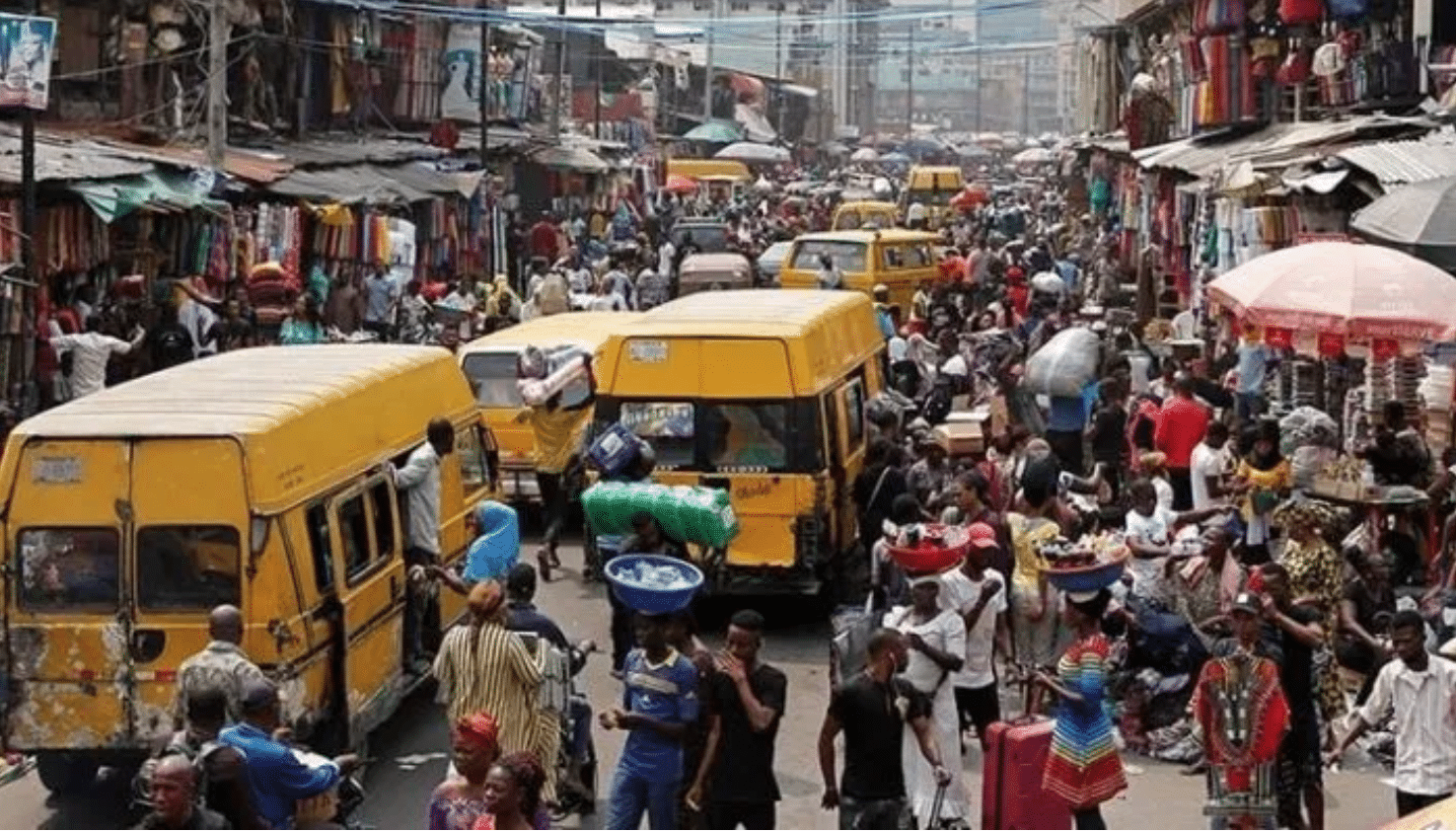Between 1958 and 1962, an estimated 40 million people starved to death in China as a result of the largest socialist experiment in history.
Mao Zedong, who was the leader of China, had called this experiment the “Great Leap Forward,” which was aimed at rapidly transforming the economy from agrarian to industrial, but for China it was a disaster. What was supposed to create wealth for the people had impoverished them like never before.
Private farming was abolished and rural farmers were forced to work on collective farms where all production, resource allocation, and food distribution was centrally controlled by the Communist Party.
The Great Leap Forward was officially halted in January 1961 after three brutal years of death and destruction.
The outcome of the experiment was predictable, because it matched the pattern of events unfolding in the “terror famine” of Ukraine in 1932, and in the Soviet Union in 1933, events that exposed the shortcomings of socialism and the government’s omnipotent grip over an economy.
China had a rebirth after Deng Xiaoping rose to power in China and implemented a series of far-reaching market-economy reforms that fostered private ownership of property, boosted economic growth, created jobs and reduced poverty.
By 1983, the process of de-collectivising Chinese agriculture was almost complete. Mao’s great socialist experiment, which had cost so many millions of lives, was over.
Initially, the growth in private ownership across China was driven by increasing numbers of small-scale entrepreneurs setting up businesses, which were only allowed to employ a maximum of seven people. The increasing erosion of this socialist system that exclusively permitted public ownership under the management of a state-run economic planning authority was accelerated by the creation of Special Economic Areas.
China has been the better for its encouragement of private enterprise. Poverty has reduced from nearly 90 percent in 1980 to under 2 percent, according to latest World Bank figures, lifting over 800 million out of poverty in the process.
The lesson here for a country like Nigeria, which is grappling with high levels of poverty, is that creating an enabling environment for the private sector to thrive while reducing the role of government in the economy may be the best way out of deepening poverty.
With 87 million Nigerians living in poverty, Nigeria is home to the highest number of poor people globally. The World Bank even predicts that the number will increase by another 7 million by year-end. That means that by the end of 2021, Nigerians living below $1.90 per day could rise to 94 million, that is the population of the United Kingdom and Australia combined.
The government in 2019 announced an ambitious plan to lift 100 million people out of poverty in 10 years.
The big question however is if the government is doing the right things to achieve this target. China, for one, was able to achieve such a feat but Nigeria is not exactly following in the steps of China by increasingly liberalising the economy and encouraging private enterprise.
If anything, the Nigerian government is seemingly tightening its grip on the economy when it should be giving the private sector a bigger role to play.
There are examples.
The state-owned oil company is now the sole importer of petroleum products into the country, displacing private importers who have been unable to sustain imports due to an unrealistic petrol price peg.
The Central bank is increasingly playing the role of financial intermediary in the place of commercial banks.
The government is also crowding out the private sector with its sheer size of borrowings. The government could raise close to N3 trillion this year from the domestic capital market alone, three times the N1 trillion that corporates are forecast to raise.
Talks of a national airline are also never off the table in Nigeria.
President Muhammadu Buhari recently set up a committee on poverty composed of government officials.
“You don’t lift people out of poverty by setting committees,” said Taiwo Oyedele, an economist and a partner at PWC Nigeria.
“We need an enabling environment for businesses to thrive,” Oyedele said.
“50 percent of MSMEs in sub-Saharan Africa are in Nigeria even though we account for 20 percent of the population, this tells us that we need to provide an enabling environment and millions can be lifted out of poverty because if each of the MSMEs in Nigeria can employ one extra person we can create jobs and lift millions out of poverty,” Oyedele added.
“Many small businesses just need the government to get out of the way,” Oyedele said.
The private sector creates the bulk of jobs in Nigeria but data from the World Bank which shows that the ease of doing business in Nigeria ranks among the lowest globally (despite recent gains) means the private sector is constrained.
Nigeria improved its ranking on the latest World Bank ease of doing business ranking by moving 15 spots to 131 in 2020, but the country still has anti-business policies according to analysts.
“I would like to see the government focus on improving the ease of doing business to reduce poverty,” a bank CEO told Business Day.
“If doing business was easy in Nigeria, we can lend more affordably and more businesses can expand and employ more people, but that’s not the case today with the many risks in the economy,” the bank CEO, who did not want to be named said.
Source: Business Day NG




